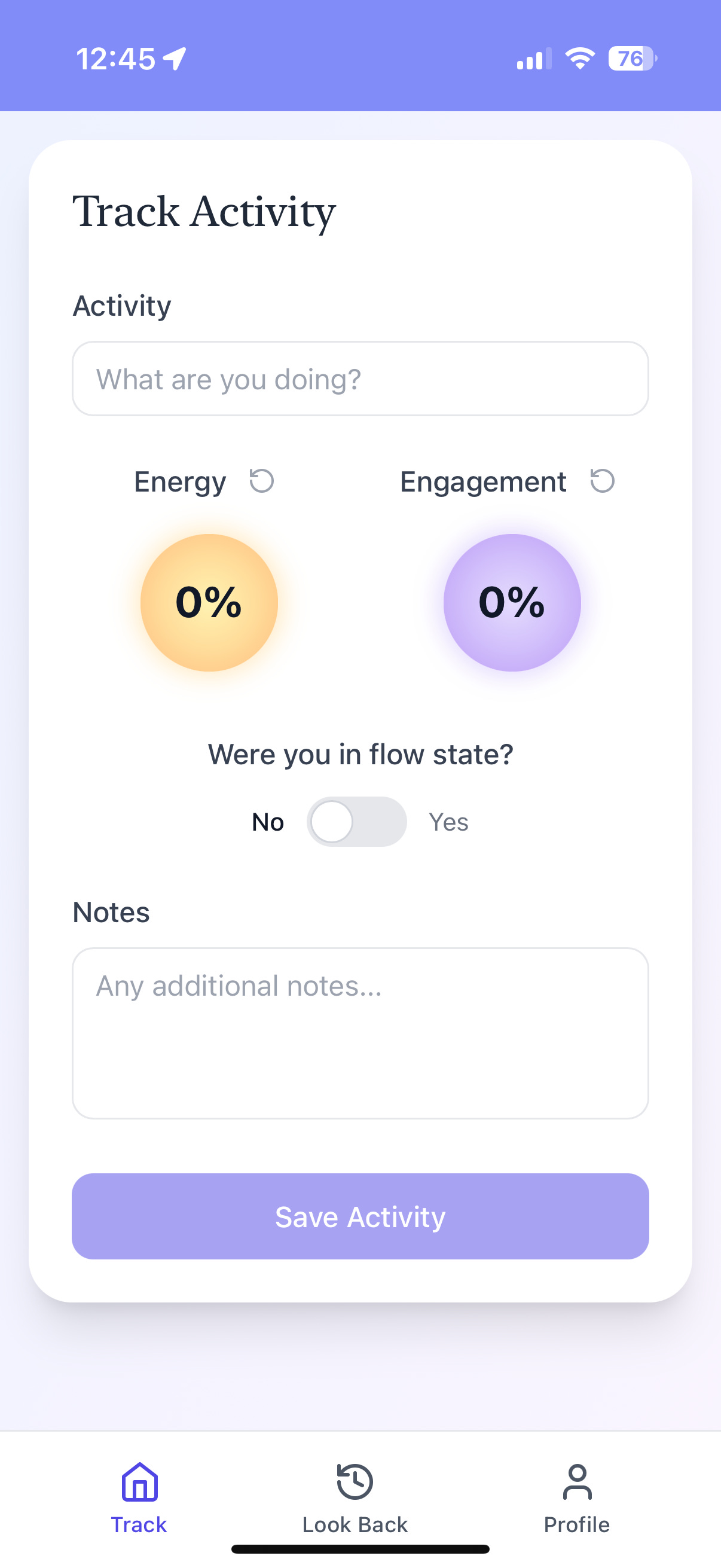A framework to learn (anything) faster
After leaving Microsoft to become a VC backed founder—and growing 3x in 12 months—I decided to Pause. This Substack is a collection of insights on redefining success, transitioning from big tech to startup, b2b sales hacks from enterprise to startup and an open book to share what I learn while I vibecode projects.
I was talking to Julian, a founder at Founders Inc, and he dropped some serious knowledge on how to optimize learning. His company builds flashcards for students and has a solid business and user base (check it out! www.jungleai.com).
Since I’m in a learning phase—becoming more technical—I loved the framework.
It’s super relevant for anyone trying to learn how to build with AI right now:
1. Do the damn thing.
This one’s a classic, and yet it’s underrated. Do the damn thing. The only real way to learn is by doing. You won’t learn how to build a landing page unless you actually go and build one. That’s how you discover the missing pieces.
For example, I built this landing page to test market appetite. I already knew how to build and deploy web apps, but I realized I needed to run ads. So, I had to learn about keywords and traffic. Then, to do SEO, I needed to add tracking code, write better copy, design optimized visuals, and so on. Learning by doing reveals what you actually need to learn.
2. Consume info about it.
Once you identify the gaps, go learn the concepts. That could mean taking a course (and not the other way round). Figuring out which course to take, reading blogs, or diving deep into specific questions is its own task.
One thing I’d add here: know how you like to consume content. I personally prefer videos over written courses. Tailor your learning format to what keeps you engaged.
3. Mentorship.
This one hit different for me, because I don’t usually do this. A mentor can guide you, point you to the best content, and show you real shortcuts. (Though, in general, shortcuts in business and life are rare and often a trap!!)
Something I’ve learned: mentorship is most useful when it’s specific to the skill or phase you’re in. If you’re just starting to vibe code, a deep technical engineer might not help as much as a fullstack dev who lives in ai devtools like Cursor. Like my former cofounder once told me, when I mentioned I was meeting with a mentor of mine who scaled a company from $10M to $100M:
“Yeah, but he hasn’t gone from $1 to $3M. And that’s what we need to figure out right now.”
We should normalize seeking this kind of focused mentorship—someone who can guide you on what to learn next and how to learn it.
4. Repetition + reflection.
Repetition is everything—but doing it intentionally is next level. I’ve been using my own “Energy Tracker,” where I log what I did, how much energy it gave me, my engagement level, whether I was in flow, and a few quick notes.
What was good? What did I learn? What should I double down on?
There’s also a reflection exercise in Designing Your Life that I like. I’m thinking of building that into the Energy Tracker app—it’s easier to follow than the current web version.
Recognizing where we’re falling short is probably the biggest accelerator we have.
I loved these principles and figured they might be useful to someone else out there too :)


